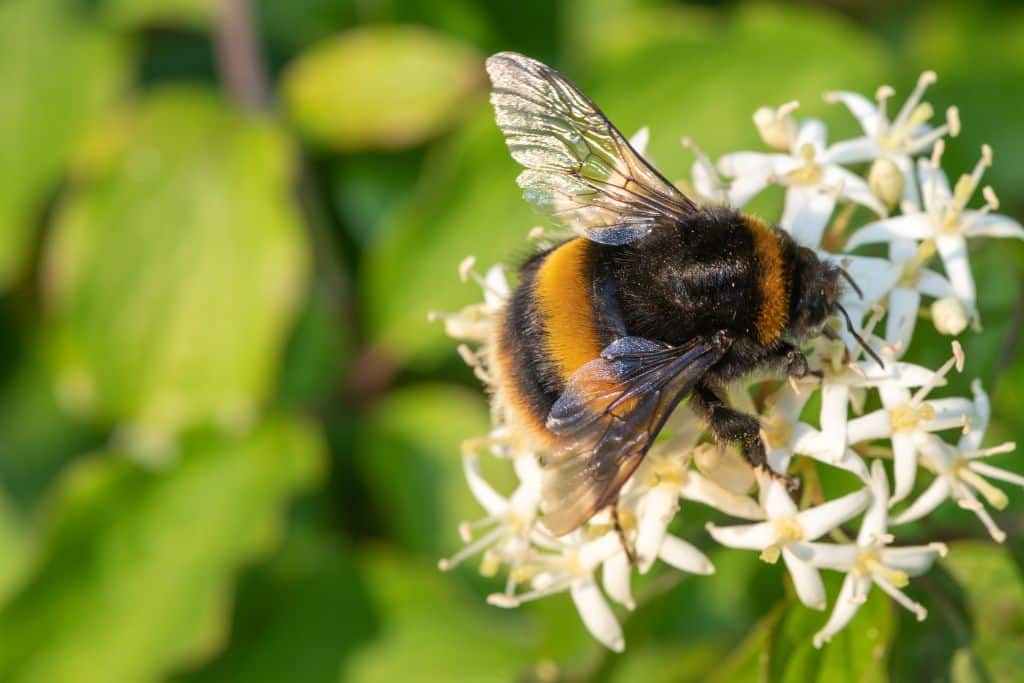Just as the Met Office announced that 2022 will be the country’s warmest year on record, the National Trust released a report saying that this year’s abnormal weather conditions have severely affected UK wildlife, including toads, bats, butterflies, and birds.
—
Extreme weather conditions in 2022 were devastating for UK wildlife, according to the National Trust. The conservation charity’s annual audit on how the changes in the climate affect wildlife found that this year’s temperature extremes and low rainfall have created significant challenges for the country’s animal and plant species.
“Drought, high temperatures, back-to-back storms, unseasonal heat, a cold snap, and floods means nature, like us, is having to cope with a new litany of weather extremes.” the charity’s climate crisis adviser, Keith Jones, told The Guardian.
This summer, the government declared the first-ever national emergency red heat alert as an unprecedented heatwave brought exceptionally high temperatures, with the mercury climbing above 40C in London and other parts of southeast England.
Dried-up rivers and streams have affected populations such as those of natterjack toads in England’s northwest. Water scarcity and a devastating drought – the first England experienced since 2018 – have also fuelled wildfires, damaging crops and natural habitats and compromising trees’ survival.
“Many trees at the Wimpole Estate in Cambridgeshire and the Buscot and Coleshill Estate in Oxfordshire were too young to establish themselves to deal with the conditions,” the audit reads.
Several animal species, including bats, struggled to cope with the heat. Particularly impacted were the pipistrelle bats at Crom in Northern Ireland, whose numbers were down by about 300 on the 732 recorded last year, according to the charity. The shorter flowering season has also affected insects, birds such as redwings, bumblebees, and butterflies, who rely on flowers and pollen for survival.
You might alo like: Climate Stress Gives Bumblebees Asymmetrical Wings: Study
Besides climate change, avian flu killed an estimated 6,000 seabirds this year, especially on the Farne Islands off the coast of Northumberland.
Fortunately, there were some winners. The frost-free spring favoured a decent apple harvest and an excellent one for some nuts and berries. Conservation efforts have also proven successful for species such as the red-billed chough, Cornwall’s emblem, which saw its population increase to about 200 birds.
The audit came as the Met Office, Britain’s national weather service, released a report saying 2022 will be the warmest year on record for the UK after a summer marked by abnormally high temperatures. The Office added that all four seasons in 2022 were in the top ten warmest since records began in 1884.
Stephen Belcher, Met Office’s Chief of Science and Technology, warned that “if we continue under a high emission scenario, we could see temperatures like this every three years”.
You might also like: What’s Behind the Record-Breaking Extreme Weather Events of Summer 2022?


















